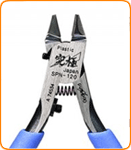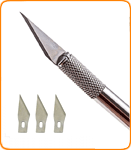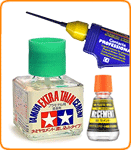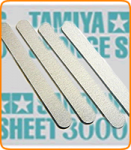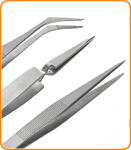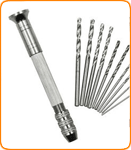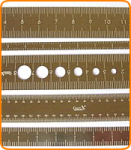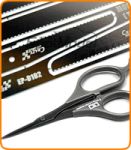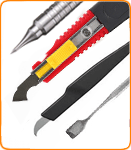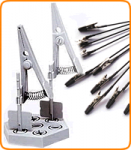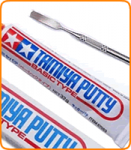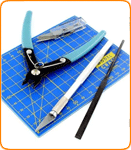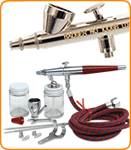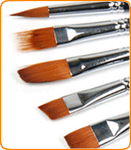LZ Models 35101 1/35 Russian 20t Low Sided Wagon (Full kit)
This is a resin model kit, which comes unassembled and unpainted. So glue, model paints and other basic modelling tools are additionally required.
highly detailed and accurate model
200 resin parts
80 PE parts
+ plastic parts and wires needed for assembly
decals for 4 various cars (1 in German service)
assembly instructions on CD
Two axle open platforms were the basis of the cargo fleet of Russian railways from the middle of the XIX century up to 40 years of the XX century, when four axle wagons came into wide service as well. There were many manufacturers in Russia, to name a couple, Ural Car Plant, Krukov carriage factory or Ust-Katav Wagon building Works named after L.M. Kaganovich, who produced in 1934 the wagon pictured. Until 1935 only the well known common screw couplings and buffers were in use in Russia, but they were not well suited to the cold climate and other requirements. In 1928, an UIC appointed Working Group ( founded in 1922) began working on the development of automatic coupler. Since the work never got off the drawing board to define the basic requirements, The Soviet Union decided to use the concept of the robust U.S.Willison Coupling. A coupler was constructed in 1932 by team of Moscow engineers responsible for the repair of wagons. After the 1933 introduction of the concept, automatic couplers was adopted, and implementation began in 1935. World War II however interrupted work, so the transition to the automatic coupler was not completed until 1953.
During WWII these cars were used widely in military service by Russian Army and captured ones later by Germans. The Wermacht, on their progress East, changed the Russian gauge 1520mm for their own ( and usual in most Europe countries) 1435mm. Captured cars got narrower bogies to be used on new rails, and later on, when Germans were withdrawing, the Russians used these changed cars as well.
Model fits to any 1/35 rail sections available at the market
highly detailed and accurate model
200 resin parts
80 PE parts
+ plastic parts and wires needed for assembly
decals for 4 various cars (1 in German service)
assembly instructions on CD
Two axle open platforms were the basis of the cargo fleet of Russian railways from the middle of the XIX century up to 40 years of the XX century, when four axle wagons came into wide service as well. There were many manufacturers in Russia, to name a couple, Ural Car Plant, Krukov carriage factory or Ust-Katav Wagon building Works named after L.M. Kaganovich, who produced in 1934 the wagon pictured. Until 1935 only the well known common screw couplings and buffers were in use in Russia, but they were not well suited to the cold climate and other requirements. In 1928, an UIC appointed Working Group ( founded in 1922) began working on the development of automatic coupler. Since the work never got off the drawing board to define the basic requirements, The Soviet Union decided to use the concept of the robust U.S.Willison Coupling. A coupler was constructed in 1932 by team of Moscow engineers responsible for the repair of wagons. After the 1933 introduction of the concept, automatic couplers was adopted, and implementation began in 1935. World War II however interrupted work, so the transition to the automatic coupler was not completed until 1953.
During WWII these cars were used widely in military service by Russian Army and captured ones later by Germans. The Wermacht, on their progress East, changed the Russian gauge 1520mm for their own ( and usual in most Europe countries) 1435mm. Captured cars got narrower bogies to be used on new rails, and later on, when Germans were withdrawing, the Russians used these changed cars as well.
Model fits to any 1/35 rail sections available at the market
| General Info | |
| Scale | 1/35 |
| Type | Scale Model Kit |
- Stock: Out Of Stock
- Reward Points: 105
- SKU: LZ35101
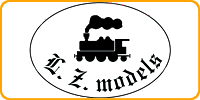
LZ Models
MRP: US$82.23 Save: US$14.30
17% OFF
US$67.93
(excl. Tax)
"In-Stock" Really Means It
Combine Shipping & Save
SAME or Next day shipping*
Pay in 4 interest-free payments of US$16.98. Learn more
There are no reviews
Maybe you can help? Many users will be grateful to you. And so are we.
















